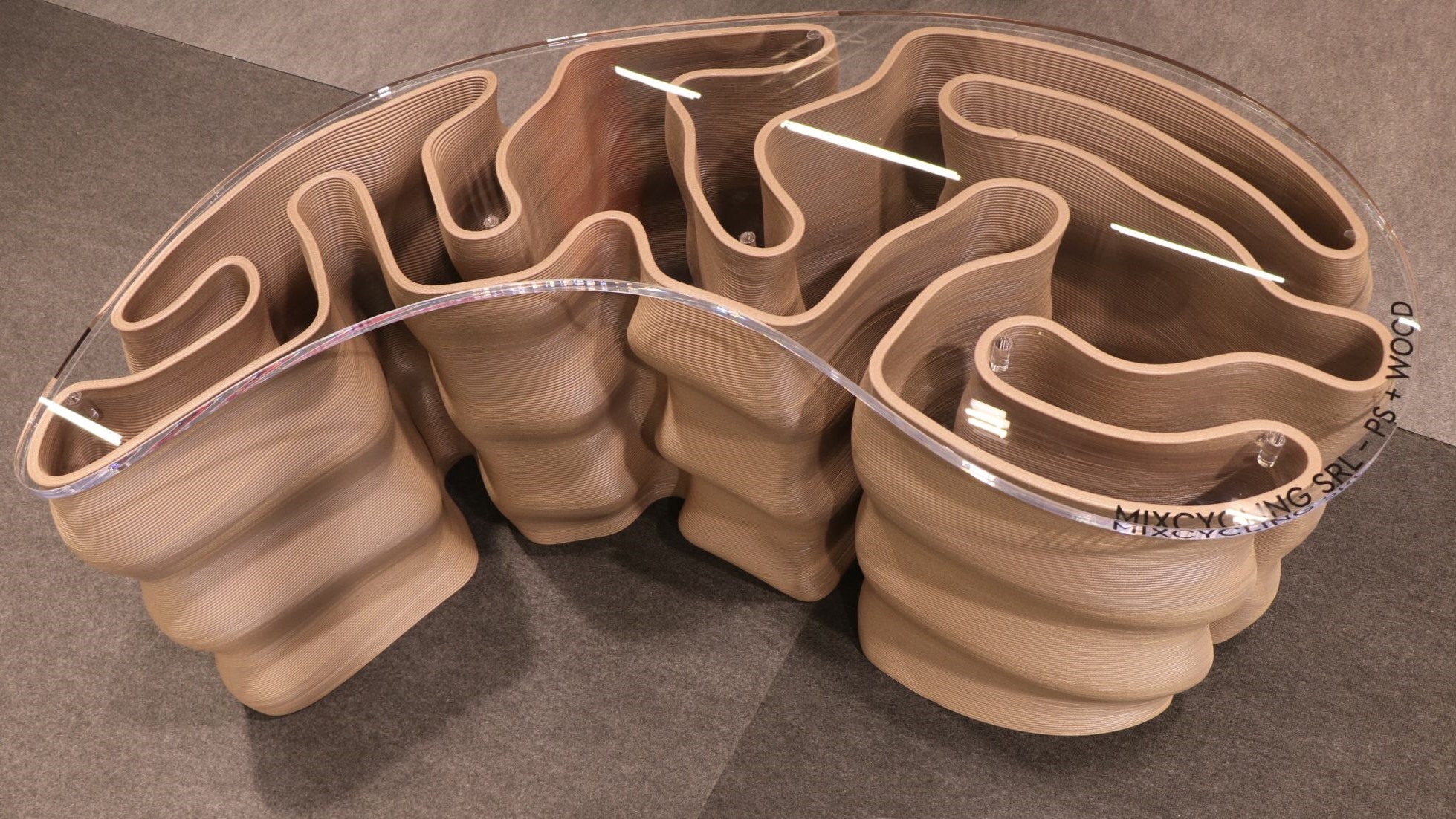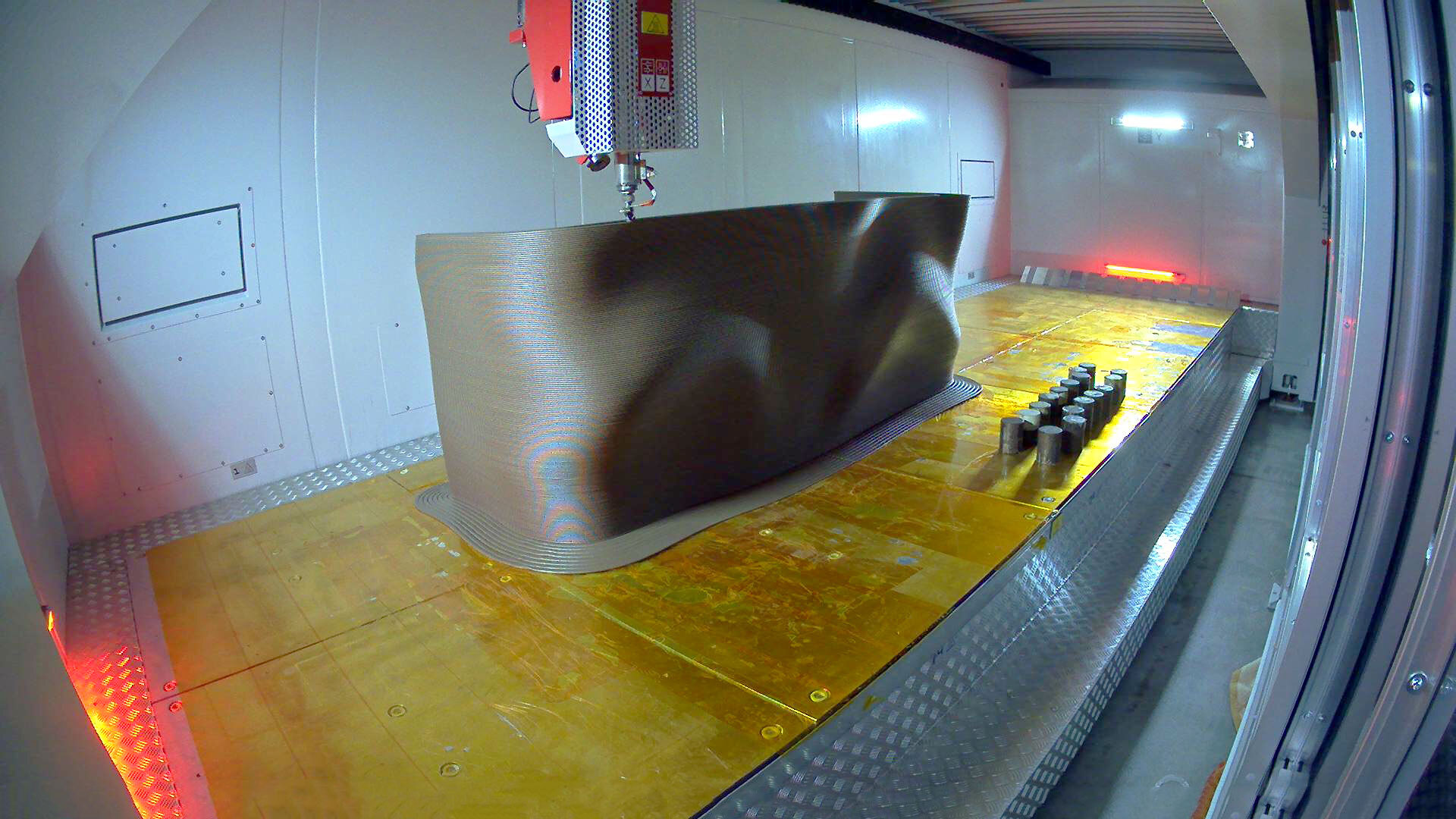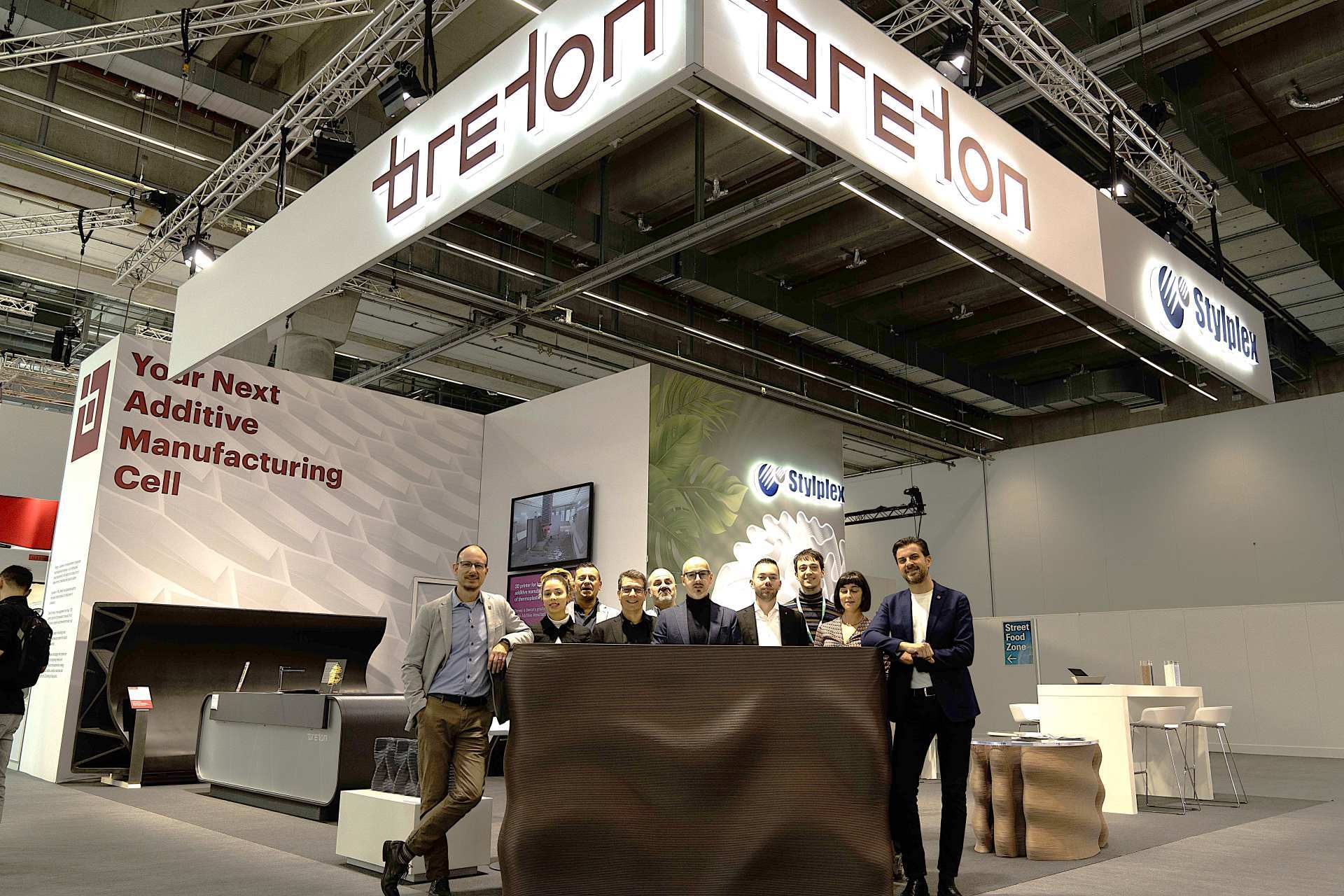Mixcycling is an innovative startup that develops sustainable and innovative materials by blending together, through a patented process, vegetable fibres (typically agro-industrial production waste or fibres with low production costs and minimal environmental impact) with bioplastics from renewable sources or recycled polymers.
The Mixcycling blend represents a class of new generation and alternative biocomposite materials compared to conventional plastics from fossil sources, suitable for use in various industrial technologies already in use such as "injection moulding" (injection printing), extrusion and 3D granule printing, for a wide range of applications (for example in the automotive sector, e-device, packaging, etc.).
Mixcycling Srl SB is part of the LifeGate Way ecosystem.


